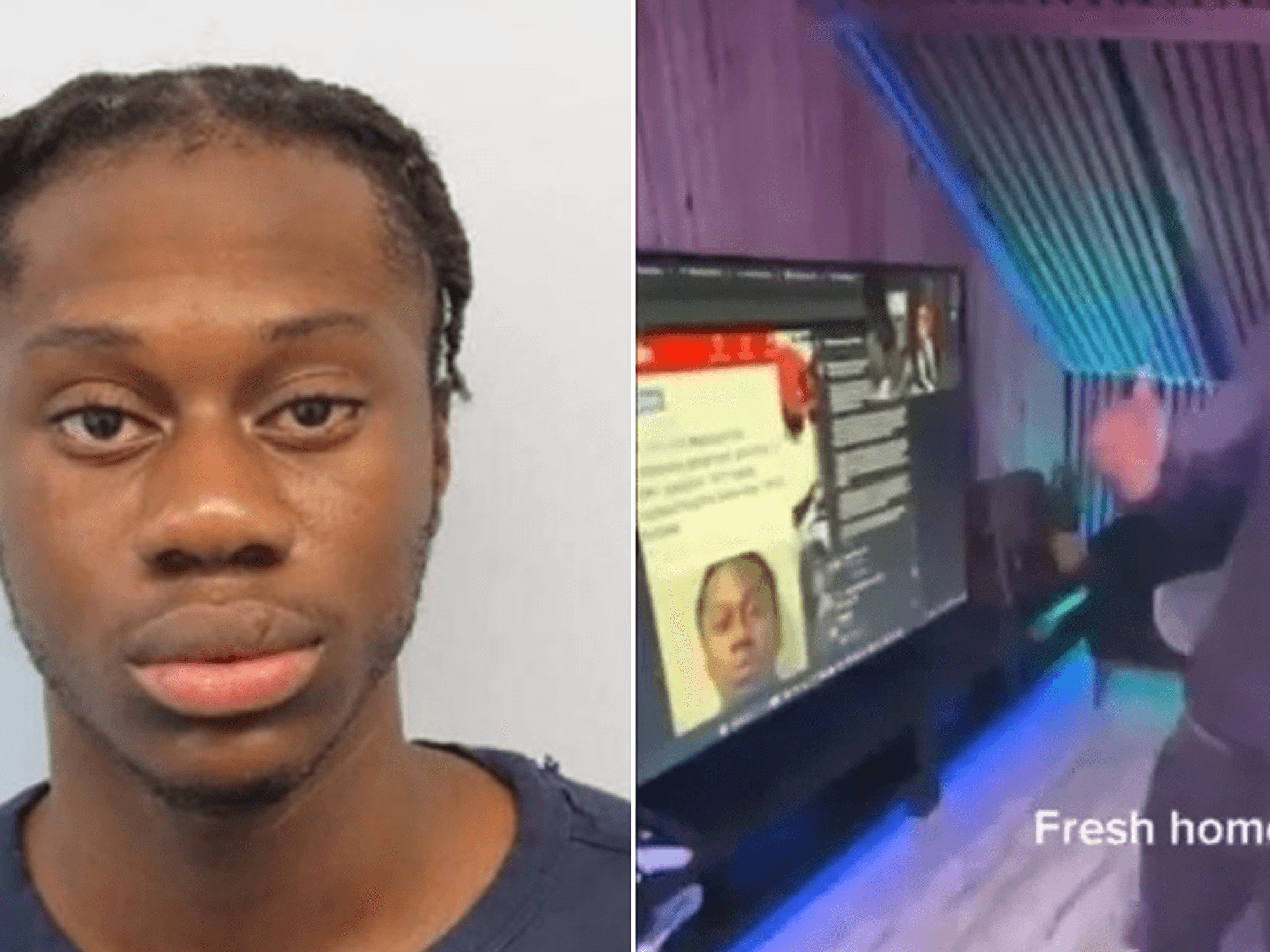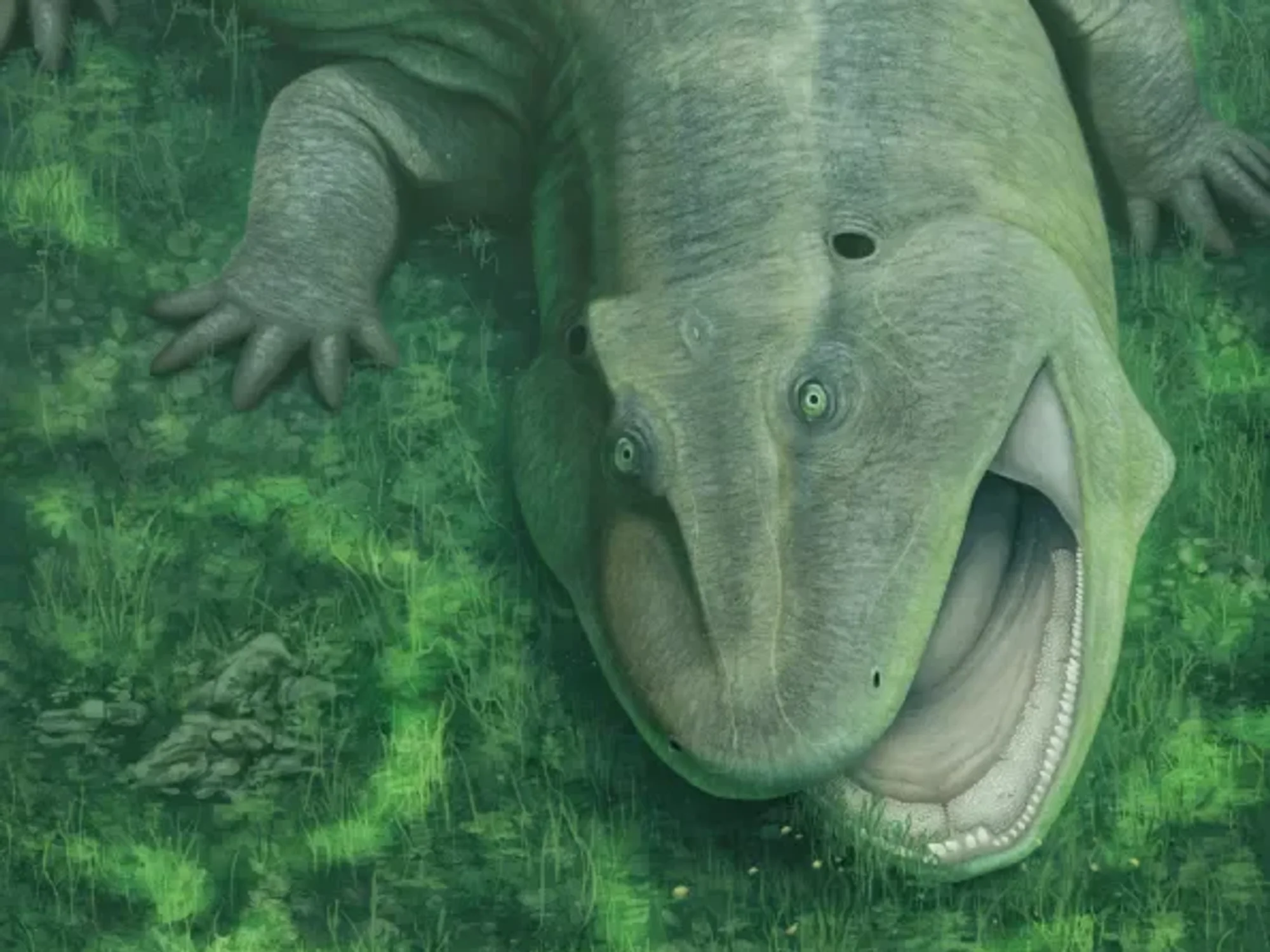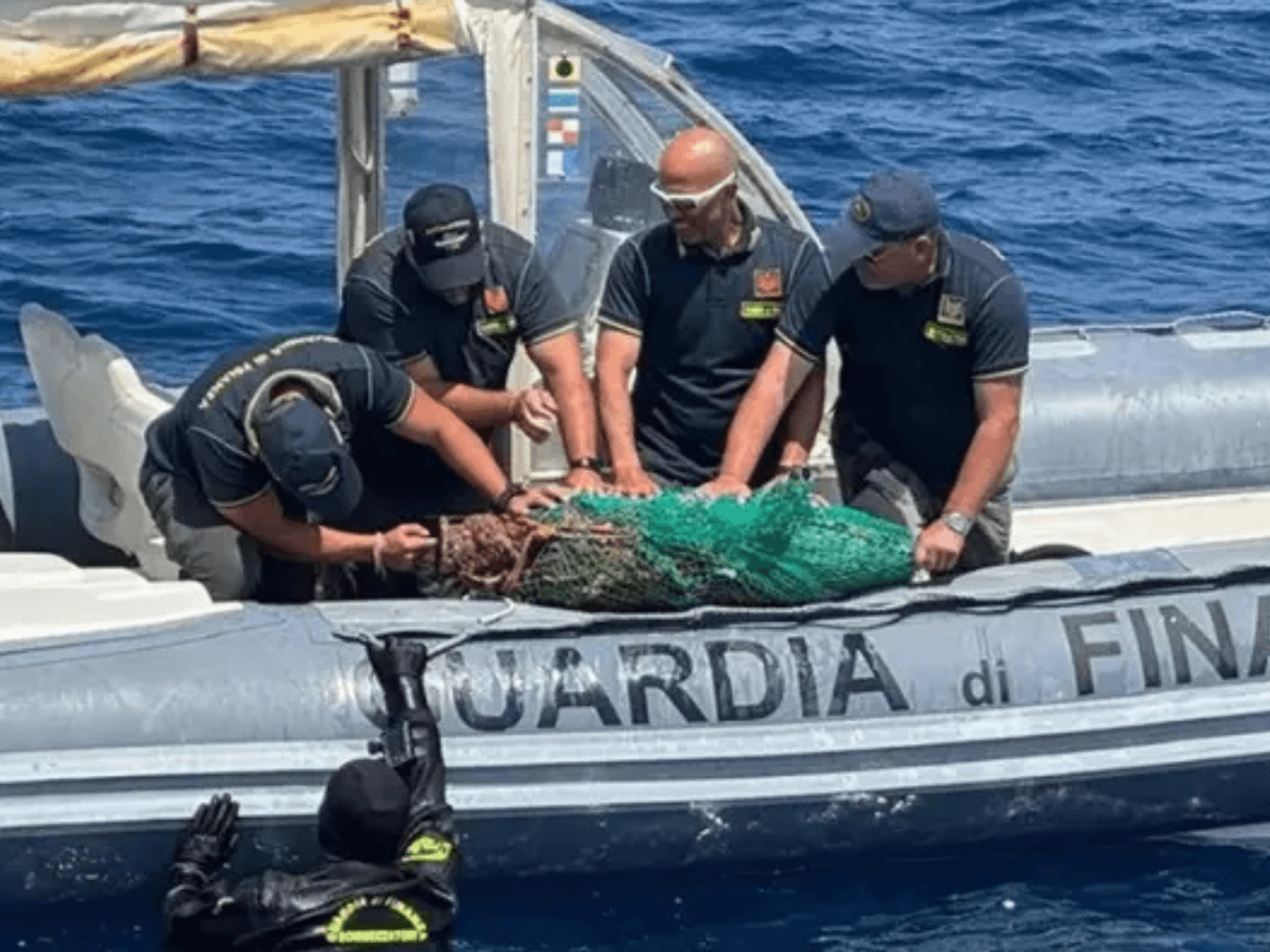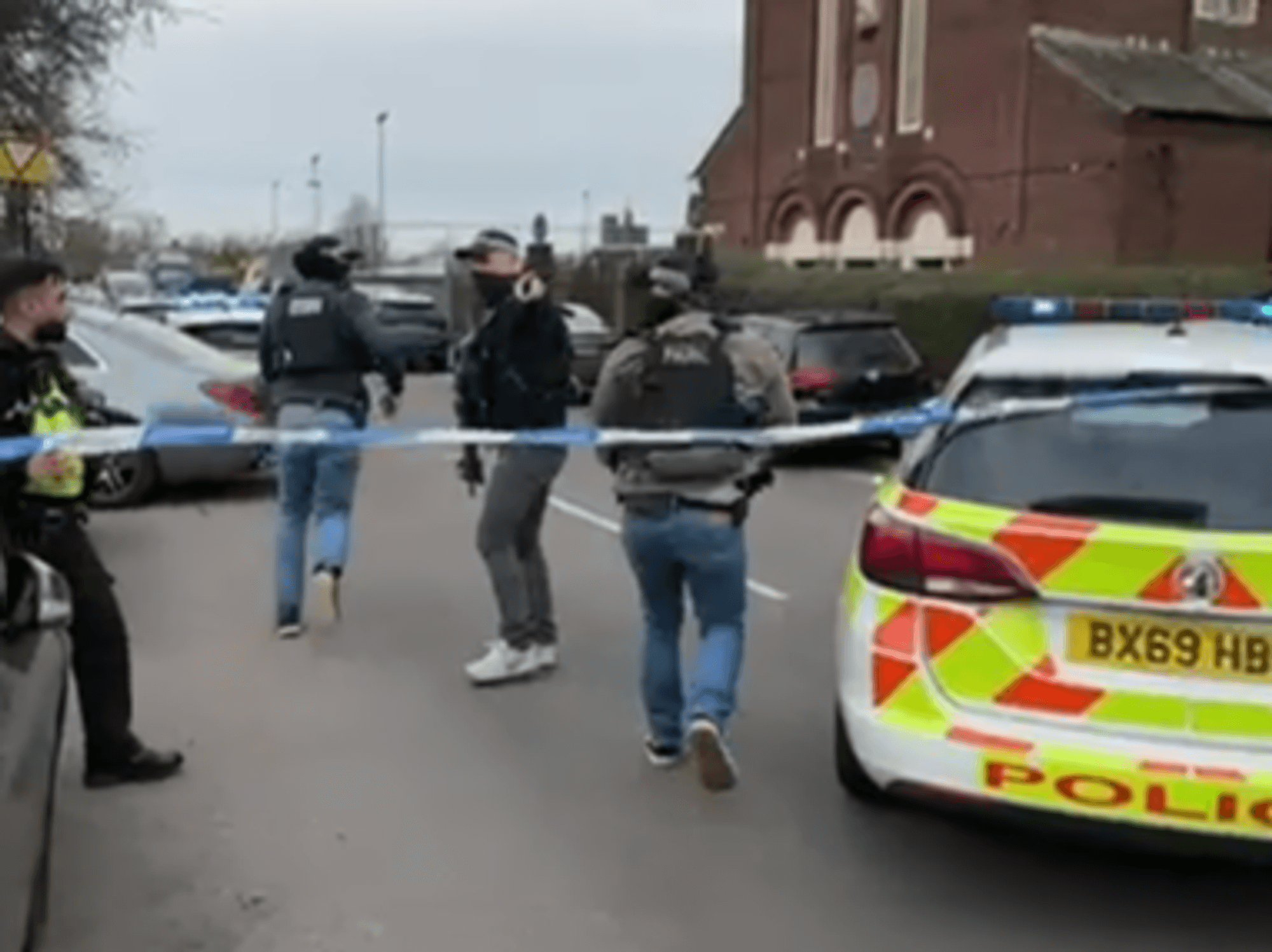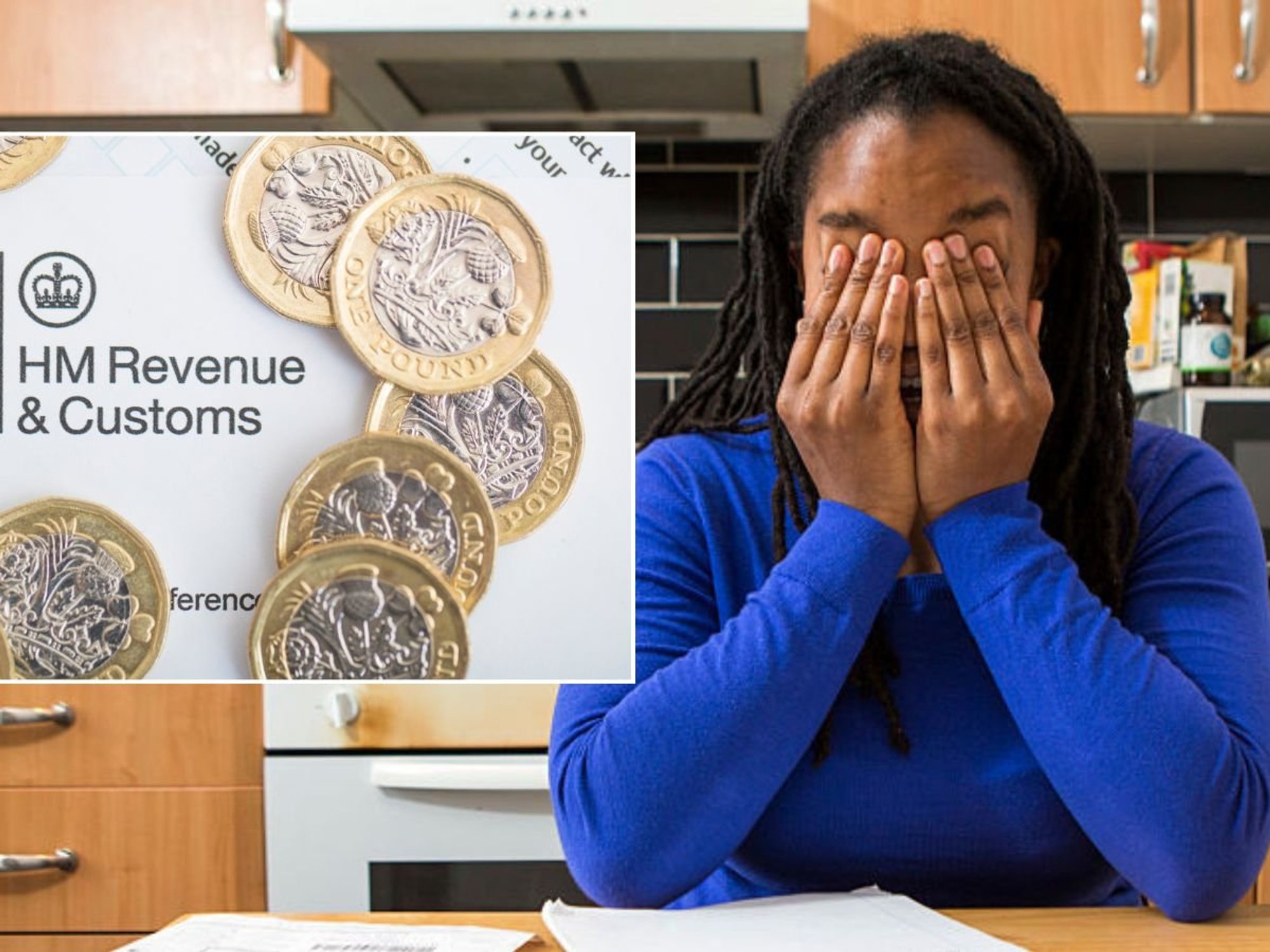Man, 92, told he will 'die in prison' as judge sentences him to life over rape and murder of woman in 1967
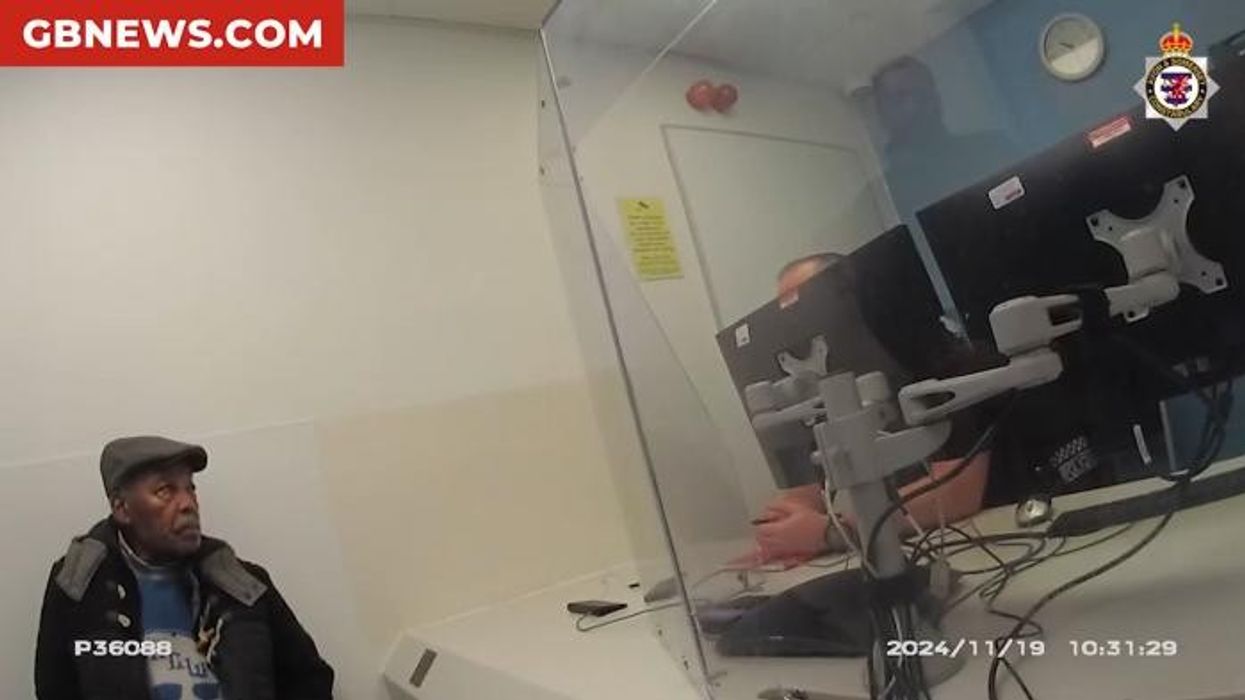
Police release footage after man found guilty for rape and murder of woman in 1967 |
GB News

The case is believed to be the UK’s longest-running cold case ever to be solved
Don't Miss
Most Read
Trending on GB News
A 92-year-old man has been told he will "die in prison" after being sentenced for the rape and murder of a woman in 1967.
Ryland Headley, who murdered 75-year-old Louisa Dunne, was jailed at Bristol Crown Court for life with a minimum term of 20 years.
The case is believed to be the UK’s longest-running cold case ever to be solved.
Headley was found guilty of both charges by a jury at Bristol Crown Court on Monday afternoon.
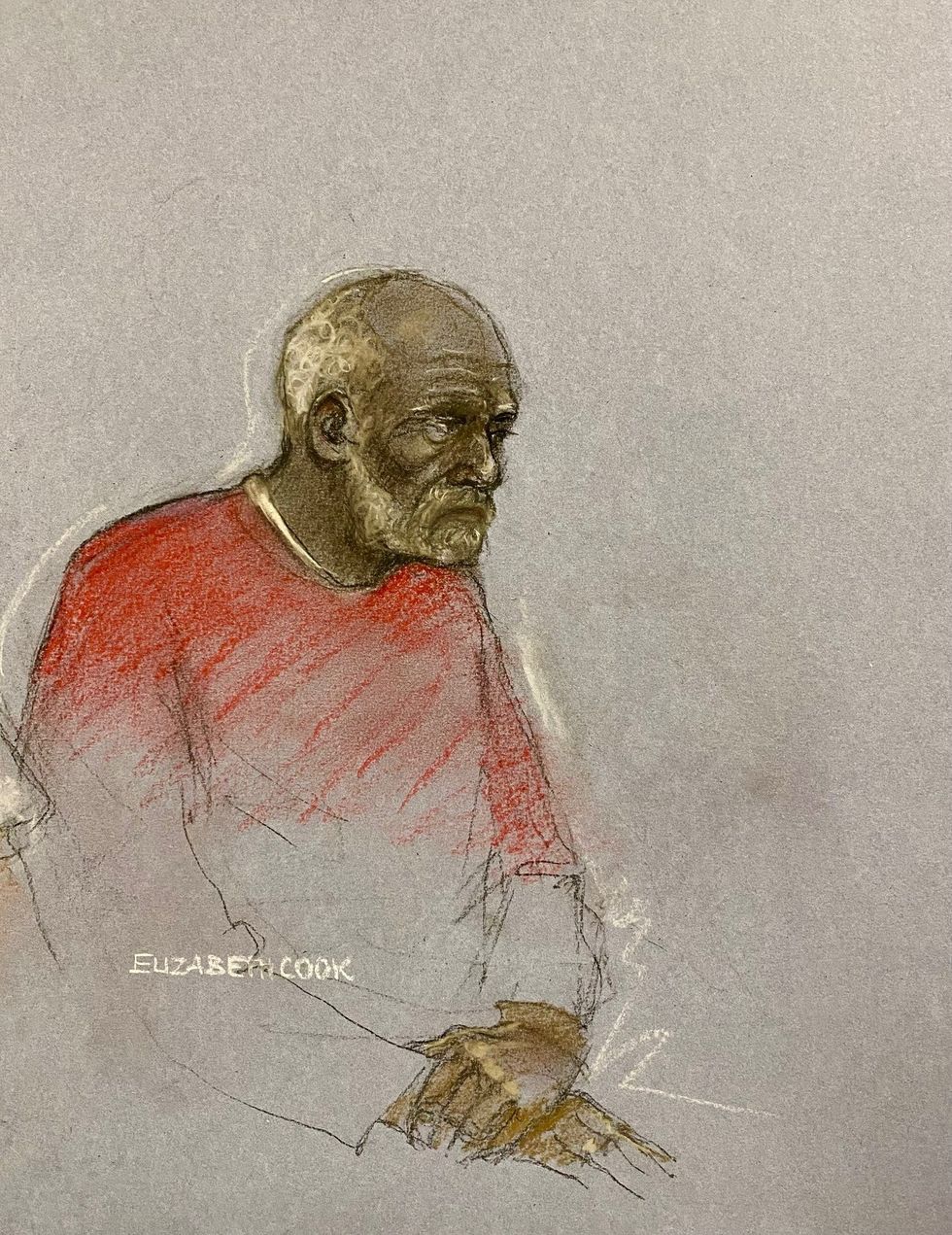 The case is thought to be the UK’s longest-running cold case ever to be solved | PA
The case is thought to be the UK’s longest-running cold case ever to be solved | PAAfter sentencing Headley to life imprisonment, the judge told him: "You will never be released, you will die in prison."
The granddaughter of Louisa Dunne, who was a 20-year-old student when her grandmother was murdered, told the court how the 92-year-old's evasion from justice for almost 60 years had a devastating effect on her family.
Mary Dainton described how Dunne’s home in Britannia Road, Easton, had been a hub of social and political activity due to her grandfather, Edwin Parker, being a key figure in the city’s Labour movement.
She said: “The death of my grandmother had a far-reaching effect throughout my family. I feel it falls to me to speak for the people who are no longer here. Sadly, my grandfather died in 1945 and the social and political elements of my grandmother’s life went with him."
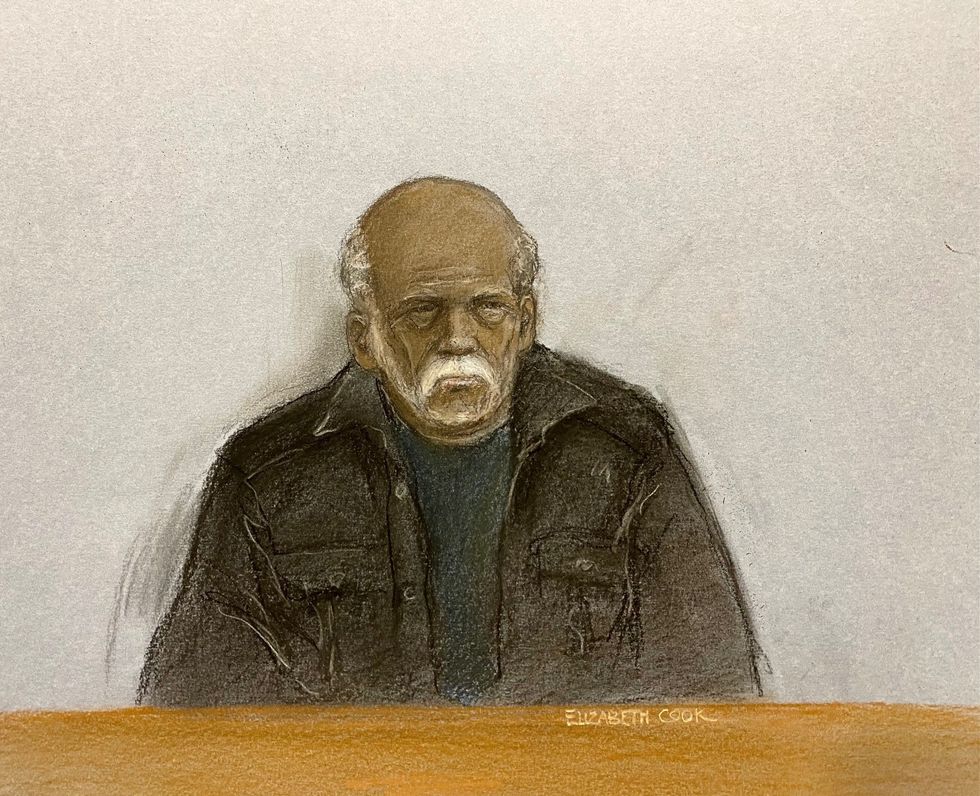 Ryland Headley has been found guilty of the rape and murder of 75-year-old Louisa Dunne in 1967 | PA
Ryland Headley has been found guilty of the rape and murder of 75-year-old Louisa Dunne in 1967 | PADainton added: "Her death had a big impact on my mother, my aunt and her family. I don’t think my mother ever recovered from it. The anxiety caused by her mother’s brutal rape and murder clouded the rest of her life. The fact the offender wasn’t caught caused my mother to become and remain very ill."
Dunne's body was discovered in her front bedroom by concerned neighbours on the morning of June 28, 1967, but police found no evidence of any violent struggle.
Bristol Constabulary, as the force was then, launched a vast investigation, taking the palm prints of 19,000 men and boys in an attempt to find a match to one left on an upstairs window.
The case remained unsolved for more than 50 years until Avon and Somerset detectives examined semen found on the victim's clothing using modern investigative techniques, which provided a match to Headley.
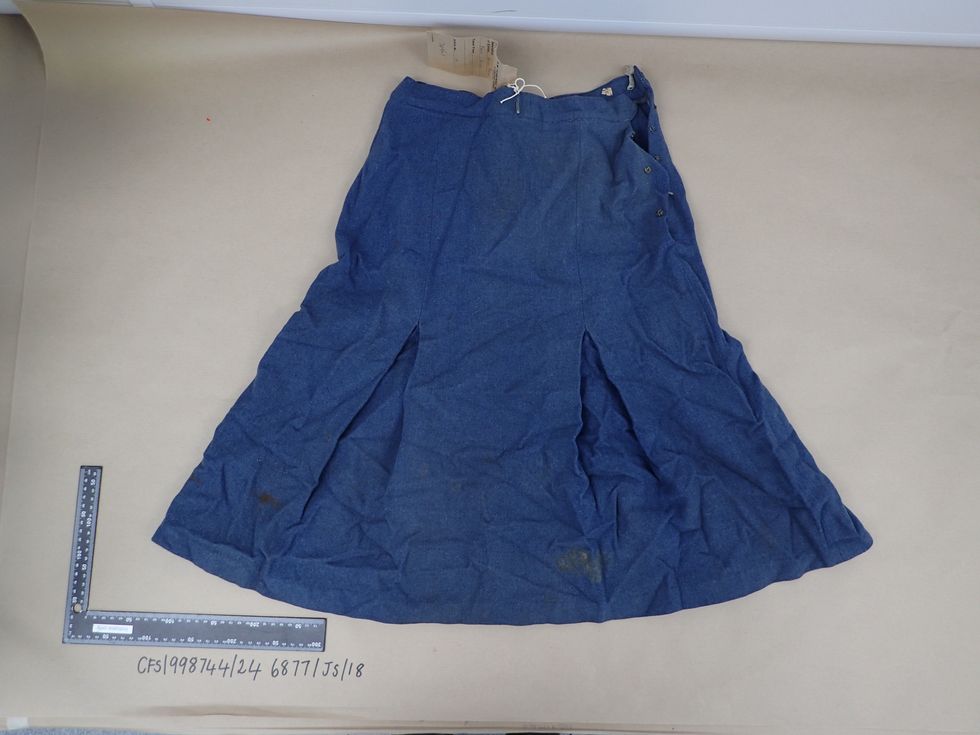 Avon and Somerset detectives examined semen found on the victim's clothing for DNA using procedures that were impossible at the time of the murder, providing a match to Headley | PA
Avon and Somerset detectives examined semen found on the victim's clothing for DNA using procedures that were impossible at the time of the murder, providing a match to Headley | PAHeadley had moved to Suffolk following the murder, and had served a prison sentence for raping two elderly women.
When his left palm print was finally taken, in November last year, it matched the print left at the scene.
Dainton went on to say that the case had "turned my life upside down".
She added: "I feel sad and very tired, which has affected the relationships I have with those close to me. I didn’t expect to deal with something of such emotional significance at this stage of my life. It saddens me deeply that all the people who knew and loved Louisa are not here to see that justice has been done."
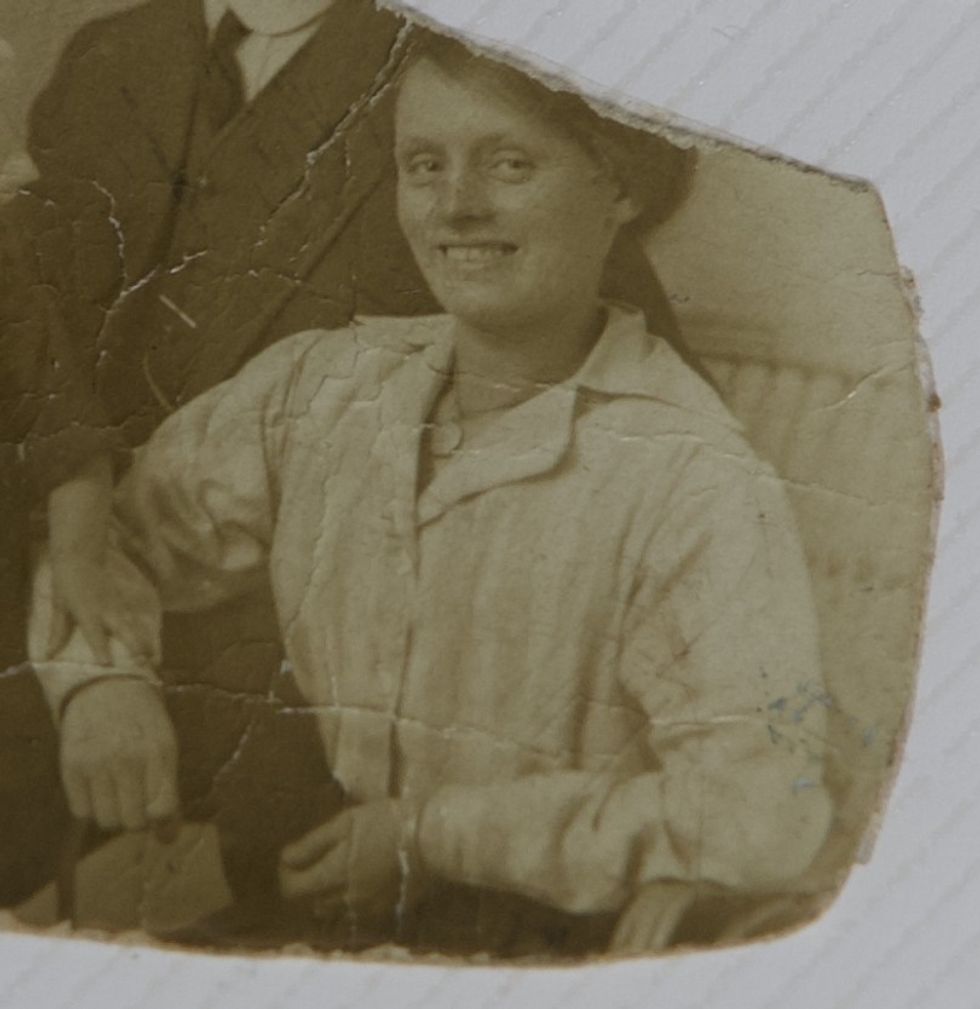 Ryland Headley plead not giulity to the rape and murder of 75-year-old Louisa Dunne | Avon and Somerset Police/PA
Ryland Headley plead not giulity to the rape and murder of 75-year-old Louisa Dunne | Avon and Somerset Police/PA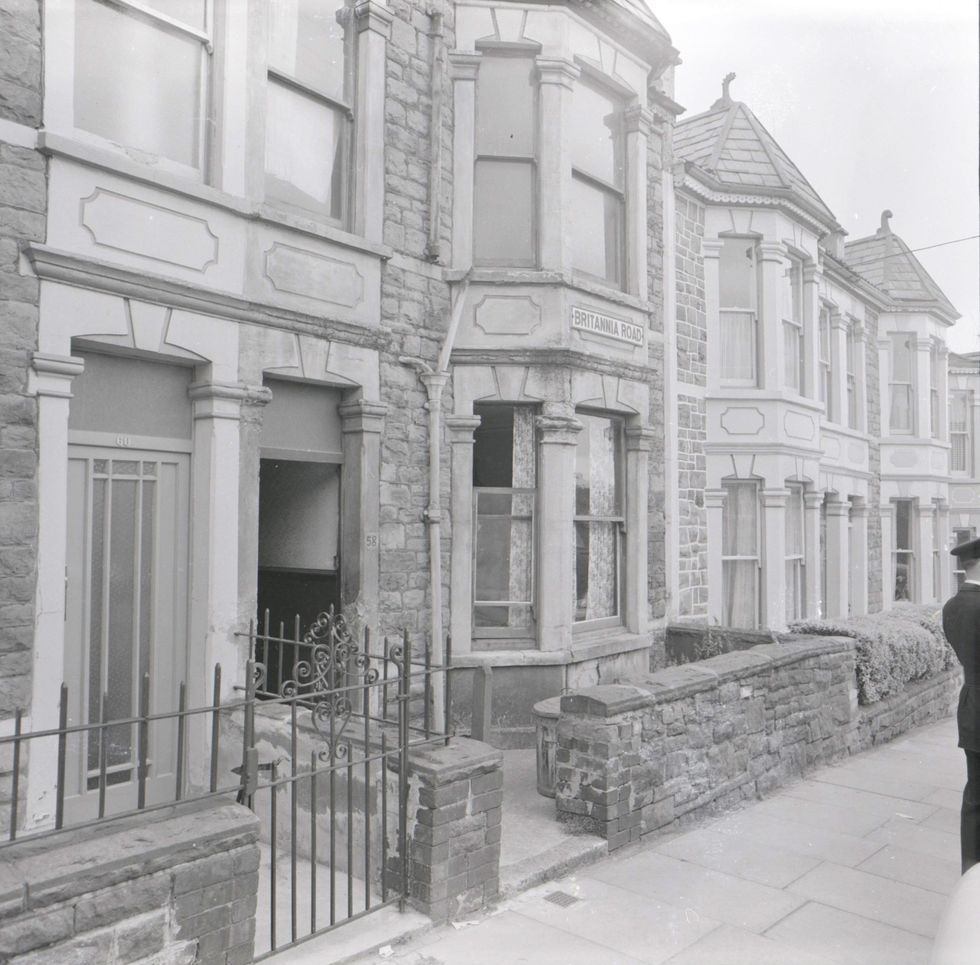
Dunne's body was discovered in her front bedroom by concerned neighbours on the morning of June 28, 1967
|PA
The judge confirmed that Headley would be sentenced based on the sentencing regime in force in 1967, and not today.
Jeremy Benson KC, defending Ryland Headley, offered no personal mitigation on behalf of the defendant, who had denied rape and murder at the start of the trial.
Justice Sweeting outlined the facts of the case to Headley and described the life and characteristics of the victim whom he had killed when he was aged 34.
Describing the offence, he said: “The nature of these offences demonstrates a complete disregard for human life and dignity. Mrs Dunne was vulnerable, she was a small elderly woman living alone. You treated her as a means to an end. The violation of her home, her body and ultimately her life was a pitiless and cruel act by a depraved man.”
He also added that the victim must have experienced considerable pain and fear before her death.
More From GB News





